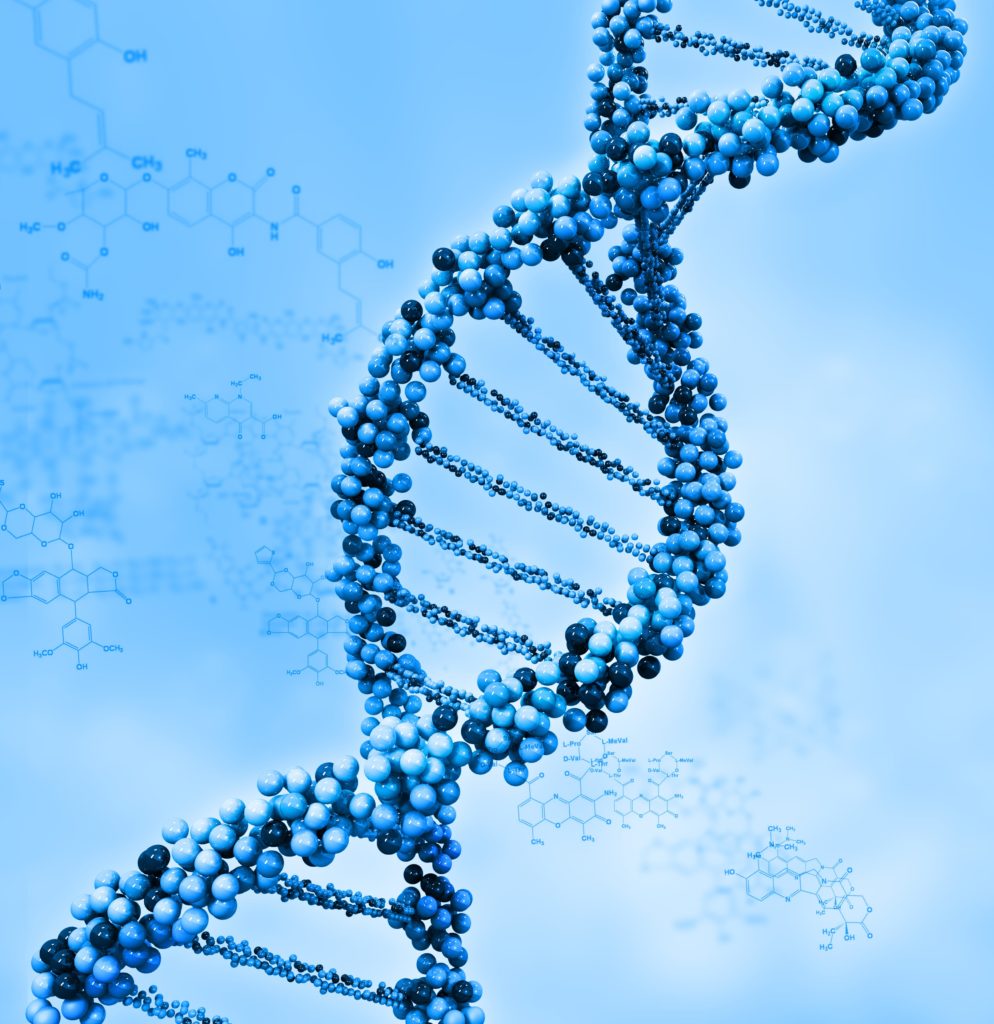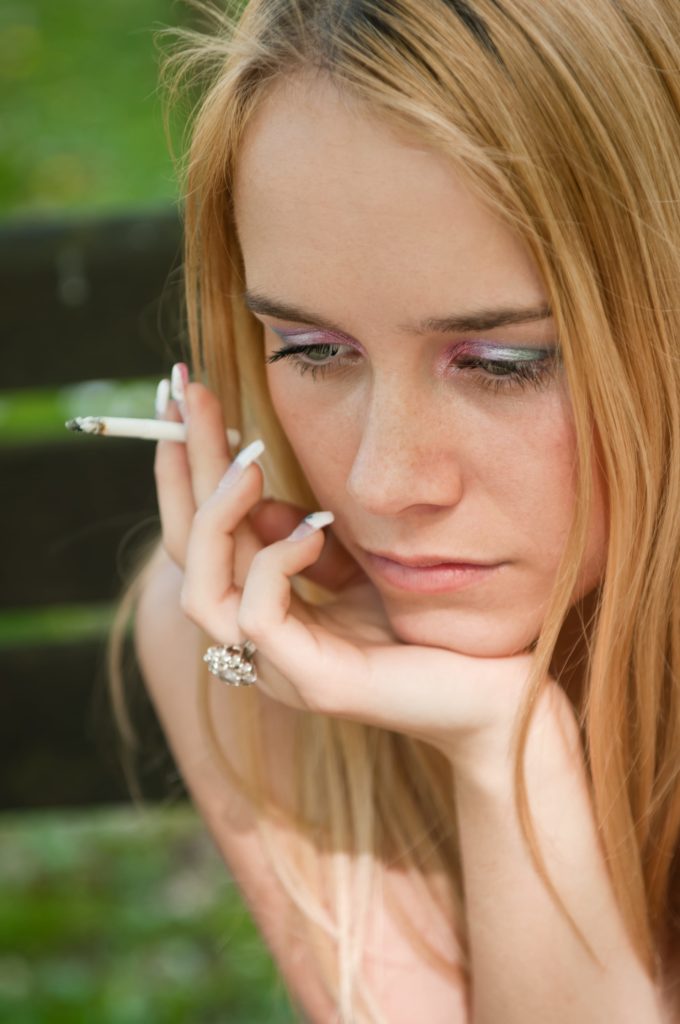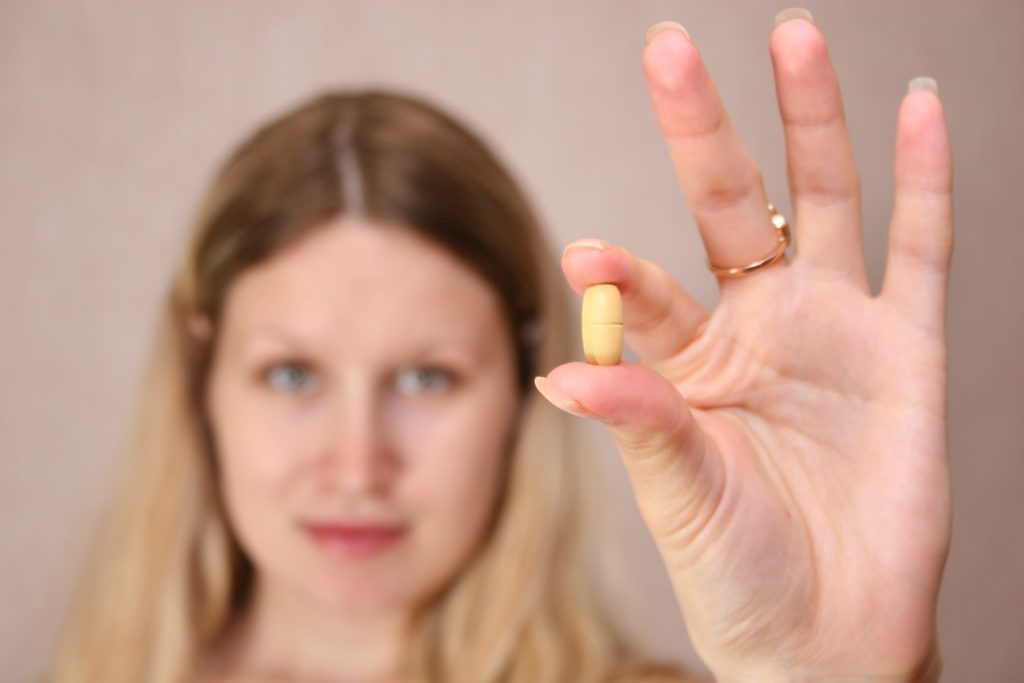What is the role of dopamine and the brain’s reward circuitry in mood disorders? Scientific research has provided evidence that addiction is linked to disruptions in the brain’s reward circuitry and how we process brain chemicals. It turns out that mood disorders also are a brain chemical response stemming from disruptions in the brain’s reward center.
How the Brain Responds to Stimuli
Under normal circumstances, the brain’s reward system sends us messages that help us focus on and choose rewards based on natural, positive emotional stimuli that ensure our survival — nourishing food and water, warm and comforting shelter and social interaction that connects us to others. Intense and pleasurable behaviors and experiences like sex or a thrilling roller-coaster ride are stimuli that fire up the brain.
Addictive substances exaggerate this process, overstimulating the reward circuit’s pathways, and triggering an excessive surge of dopamine and other feel-good brain chemicals (neurotransmitters) in the brain’s reward system. Both types of stimuli trigger neurotransmitters to send a message through the reward circuitry in the brain, signaling us that this stimulus is positive. Our response? “Wow! That feels great!”
The rewarding brain response and sensation motivates us to want to repeat the activity, behavior or substance that produced the stimuli — and the resulting euphoria or “high.” A moderate reward response to more natural stimuli can be a good thing. However, a drug-driven flush of dopamine in the reward circuits can flood the system. Certain drugs like cocaine and heroin, and even certain behaviors, are so powerfully rewarding that they can lead to structural and functional changes in the brain that influence future behavior. In the case of addictive substances or behaviors, this can be problematic.
The Brain, Reward, Depression, and Anxiety: When Neurons Get Their Wires Get Crossed
What happens when joyful experiences and naturally pleasurable stimuli don’t produce a positive reward mechanism in the brain? Depression and anxiety or a generally lowered sense of well-being.
News stories about the drug crisis in the U.S. have highlighted the brain-reward-addiction connection, a story angle that plays well in the media but somewhat overshadows the brain-reward-mood connection. Just as addiction stems from a disruption in the brain reward circuitry, so do depression and anxiety, but in a different way. Scrambled pathways in the brain’s reward circuitry can lead to negative responses to positive stimuli, causing overlapping or co-occurring depression and anxiety.
According to research, people who suffer from depression have reward-circuit deficits. For those with depression, which affects roughly 20% of the U.S. population, pleasure-reward communications in the reward system are inhibited, resulting in something called anhedonia, where the person is unable to experience pleasure from activities that are usually enjoyable — music, hobbies, exercise, sex and social interaction.
“Roughly 70% of the folks we treat for substance use disorders have a co-occurring disorder like depression or anxiety,” says Jason Powers, MD, the chief medical officer of The Right Step and Promises Austin. “Many experts in the field believe this is due to low dopamine tone or low hedonic tone in some people, where they have a reduced ability to experience pleasure.”
The nature of the brain pathway disruption in mood disorders is complex and not fully understood, but researchers have a few theories. One possibility is that when depressive people have reduced responses to rewarding experiences, or exaggerated and anxious responses to aversive ones, it is due to a misinterpretation or misperception of neurons in the brain’s reward center.
What Happens When the Role Dopamine and the Brain’s Reward Circuitry Affect Mood Disorders?
Scientific studies in mice show that stimulating the neurons associated with the neurotransmitter GABA, which inhibits dopamine neuron firing in the brain, can sometimes trigger a negative interpretation of a positive, resulting in anxiety or avoidance. Another possibility is that it isn’t just the neurons that miscommunicate information, but certain sites in the brain’s reward pathway where information is interpreted. These sites are important for integrating behavioral responses to both positive and negative stimuli.
If neurotransmitter messages get scrambled at these sites or “terminals” along the reward pathway, natural responses to positive and negative stimuli are jammed. Other mice studies reveal that chronic stress and anxiety alter reward thresholds, making pleasure less accessible or attainable. However, antidepressant medications and drugs of abuse lower the reward thresholds, allowing the medicated person to access or experience pleasure more easily.
Unfortunately, drug-induced changes in the reward center that help a person with low dopamine to experience pleasure may lead them to addiction — they might “self-medicate” with a substance of abuse in an effort to find some measure of joy or relief from pain. The good news is that proper addiction treatment with the appropriate antidepressant and anti-anxiety medication can help correct the deficit or malfunction in the brain’s reward system and relieve depression and anxiety.
Certain prescriptions can balance or boost the function of the neurotransmitters that affect emotions, helping to improve mood, concentration, appetite and sleep. “The appropriate non-addictive medication can have dramatic positive effects,” says Dr. Powers. “On the right medication, people with addiction and co-occurring mood disorders can feel like a veil has been lifted, where they no longer feel the need to take matters into their own hands and self-medicate.”
Get Treatment Today
If you’re struggling with addiction, or you want to learn more about the role dopamine and your brain’s reward circuitry play in mood disorders, we can help. At Right Step, we treat a variety of mental health conditions and addictions, including:
To learn more about our treatment programs, call 17135283709 today.






